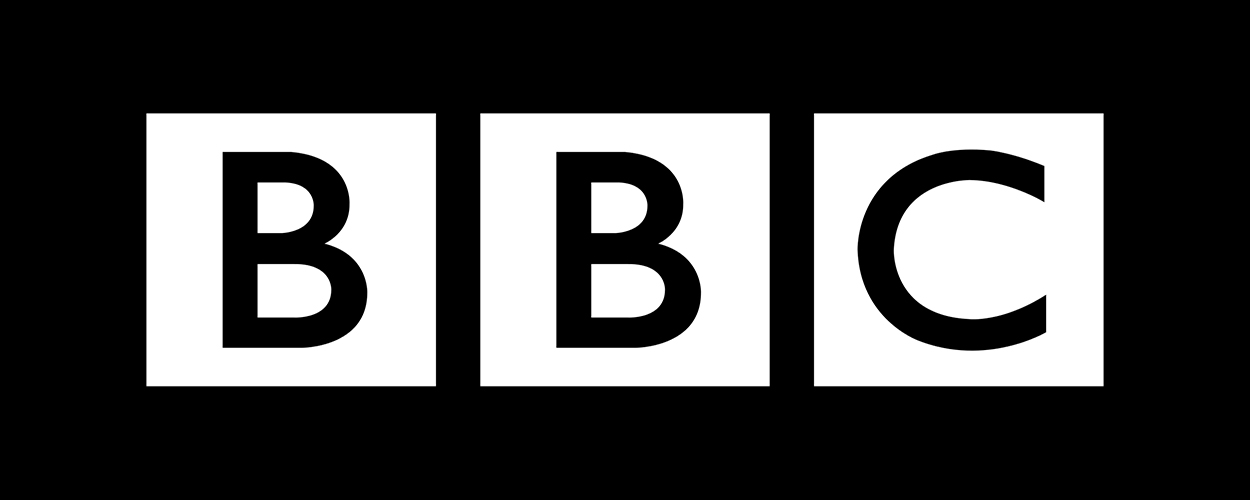This website uses cookies so that we can provide you with the best user experience possible. Cookie information is stored in your browser and performs functions such as recognising you when you return to our website and helping our team to understand which sections of the website you find most interesting and useful.
Business News Media
Future of the BBC back in the spotlight as licence fee set to be frozen and then abolished
By Chris Cooke | Published on Monday 17 January 2022

The future of the BBC was back in the spotlight this weekend as it emerged that the UK government will force budget cuts at the broadcaster by freezing the current licence fee, while Culture Secretary Nadine Dorries basically announced on Twitter that the Beeb would have to find a new way of funding its activities by 2027, when its current Royal Charter expires.
It’s expected that the government will soon announce a freeze of the TV licence fee for the next two years. The fee will then likely be increased again between 2024 and 2027, though even those increases may not be in line with inflation. Therefore, in real terms, the BBC’s licence fee income will decline, meaning it could have to find savings of more than £2 billion over the next six years.
Meanwhile, Dorries took to Twitter to share a Mail On Sunday article on those licence fee cuts, and added: “This licence fee announcement will be the last. The days of the elderly being threatened with prison sentences and bailiffs knocking on doors are over. Time now to discuss and debate new ways of funding, supporting and selling great British content”.
There has been much debate in recent years about the future of the licence fee and the different ways in which the BBC should be funded long-term. It is true that a generation is coming through who are much less likely to tune in to linear TV and radio stations like those operated by the BBC, and who aren’t necessarily interacting with the broadcaster’s website, iPlayer and Sounds app either.
However, many fear that a radical overhaul of BBC funding – for example, replacing the compulsory licence fee with a voluntary subscriptions system – would result in a significant slump in the Corporation’s income, and therefore result in many services having to be shut down or sold off to commercial players.
That would have a big knock-on effect for the British creative industries at large, and especially the music industry, which relies on the BBC’s music programmes and radio networks to reach both mainstream and niche audiences, to help promote and support new talent and more specialist genres, and – through PPL and PRS licences – as a not insignificant revenue stream.
While some sort of overhaul is inevitable – and that is likely to result in yet more tense negotiations between the BBC and government as the licence-fee enabling Royal Charter is renegotiated in the run up to 2027 – the current government seems particularly likely to push for a new model that results in a majorly cut-back public broadcaster.
That’s partly because Conservative politicians are generally much more sympathetic to commercial media businesses – including other TV networks, radio companies and news providers – when they complain about the BBC using its unique funding model, vast archive and global brand to compete at the more mainstream end of media and entertainment.
Some of those complaints are legit, of course. Even in the BBC loving music community some have been frustrated at the Corporation’s dabblings as a festival promoter and event organiser, which can see it competing head-on with independent players on that side of the music industry.
Though, at the same time, commercial media owners tend to object at the BBC being involved in anything but the most alternative and niche of programming.
There are also more overtly political reasons for Tory politicians wanting to cut back the power of the Beeb, of course. Conservative ministers and MPs are always convinced that the BBC – the workforce of which, for various reasons, does tend to be more liberal and left-leaning – is constantly pursuing a lefty anti-Tory agenda through its news and other output.
Though, it’s worth noting, every political group of every political persuasion is convinced that the BBC is against them. Which suggests, on balance, that the BBC’s political output is actually quite balanced. But it tends to be aggrieved Tory politicians who reckon that the solution to any perceived bias is to slash the BBC’s funding.
And anti-BBC sentiment is especially strong in the current UK government. Partly because the post-Brexit Conservative leadership is dominated by the right-wing of the party, which is always the most anti-Beeb. And partly because ministers are sick of being portrayed in BBC reports as a bunch of clueless, inept, immoral, corrupt, unethical, unscrupulous, immoral, arrogant, ignorant, bullshitting motherfuckers. Which is an accurate portrayal, of course. But still annoying for them.
Some also reckon that tough talking in relation to the BBC is seen by Dorries et al as a good way to distract back-bench MPs and the Conservative Party membership from all the party-gate and corruption scandals currently plaguing Bullshitter-In-Chief ‘Boris’ Johnson and his cabinet of mediocre minds. Which could mean lots of BBC bashing in the months ahead.
None of which creates a great environment in which to consider, negotiate and agree a long-term future for the British Broadcasting Corporation.
Although, of course, the current political top-guard could be well gone before the real work on the BBC’s post-2027 future begins. Which means the more pressing concern is the licence fee freeze that could be confirmed as soon as this week, and what impact that will have on the BBC’s output – including its music output – in the next few years.





